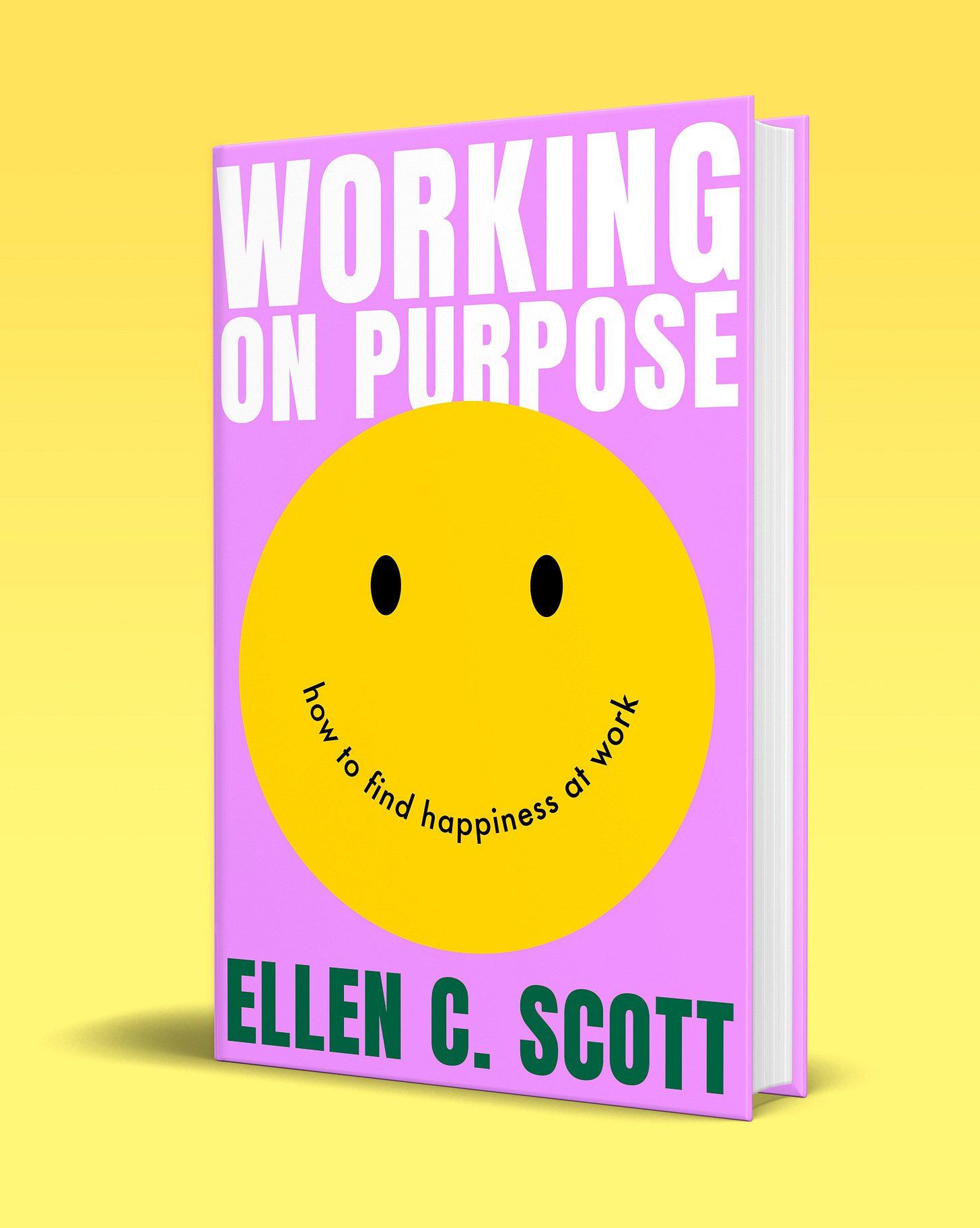7 ways to get your work spark back (and keep it alive)
Because enjoying work takes some work.
Sometimes you have a job that genuinely sucks and that you’re better off ditching. Sometimes you have a job you genuinely adore. But more common are jobs in the middle ground that frequently shift along a scale of ‘fantastic I have the best job ever’ to ‘I hate my life’, hitting plenty of everyday irritations and stresses along the way.
Jobs are a lot like relationships in that sense. When it starts, there’s a load of excitement and unknowns. Then you settle in and things can get a bit boring, or you realise you’re not as compatible as you originally thought, and the grass starts to look greener elsewhere. And when you’re having a really shit time, you think you’d rather be single/unemployed.
Like romantic relationships, your relationship with work also takes some work to keep the buzz alive. That doesn’t mean pretending it’s perfect or that a job is right for you when it just isn’t, but instead accepting that your love for the work you do will shift and change, and if you don’t consciously make some effort to make your job work for you, it’s likely to crumble.
A lot of that work should come from your employer, sure. They should want to keep you! They should do the work equivalent of romantic gestures; buy you flowers (training courses?), write you poems (emails of good feedback?), pull their weight in the household (pay you decently, give you proper time off, have a good work culture, you get the idea). But for your own benefit, there are things you should do, too, to revive the spark you once felt for that shiny role you applied for with hope and excitement. Or, if you’re still feeling sparky, to keep that spark going.
Not sure where to start? Here are 7 things to try.
Reconnect with your ‘why’
I have a whole guide to finding your ‘big why’ in my upcoming book Working On Purpose (out 21st of August, please pre-order it). I of course recommend getting the book and following this guide. But on a quicker, smaller scale, have a think about why you’re doing this job. Is it only for the money? The meaning it gives you? That it’s flexible and you have time to do other things? That you’re good at it and it’s fun? Your ‘why’ can be anything you like but what’s essential is that you know what it is. That’s what can motivate every decision you make in your career.
Have a treat that’s only for the office
I have a bag of fancy teas that I keep at the office, so that I’m always motivated to head in (also, to be honest, I’ve got lots of other excellent motivations to go in: the chance to hang out with my brilliant and funny colleagues, the joy of a nice bike ride there and back, the ease of collaboration when everyone’s in the same place, the aircon when my home is roasting, the heating when I’m too cheap to turn our home’s on. But tea is a good example that everyone can replicate). What’s your small, simple treat that you can keep connected to work and create that positive association? An iced coffee from the cafe nearby? The podcast you only listen to on your commute?
You can of course still do this if you work entirely from home; just save a specific treat for only during your working hours.
Make a list of why you love it
Challenge yourself to write a list of all the things you like about the work that you do. If it’s an impossible struggle, perhaps it’s time to move on (much in the same way that this would apply if you couldn’t write down anything you like about your romantic partner). More often than not, though, you’ll find yourself writing a decent list of reasons your job is good. Then, here’s the crux: do what you can to tweak your job to have more of the things on that list and less of the bits that you don’t enjoy. You might be limited in how far you can take this, but have a go and see what happens. If you really like problem-solving, for example, carve out a dedicated window that’s just for this.
Take some time off
A lot of the time when I’m feeling negatively about work – frustrated, stressed, or finding it difficult to do my job – what I really need is to just take some time off. When’s the last time you had some proper annual leave, with no checking your emails or thinking about admin? Don’t go too long without a break – meaning a truly restful weekend, leaving work on time, and taking decent chunks of time off for holidays (even if you stay home). Every time I’m struggling to come up with ideas for features, I immediately assume that my brain has broken and I’ll never be able to think of anything again. Then I take some time away, my brain relaxes and starts going again, and I come back with a whole list of fresh thoughts.
Seek newness
Novelty is a great antidote to boredom and you don’t need a whole new job to get it. Instead look for other ways to bring newness into your existing work, whether that’s a learning opportunity, a new project to get excited about, or a different way of doing a regular task.
Have regular dates
In a romantic relationship, it’s that weekly date night that keeps love alive, right? The work equivalent is not sacrificing your evening to having dinner with your manager, but instead making a conscious effort to schedule in a block of time to do a part of your job that you genuinely care about and enjoy. So go back to your big why and your list of why you like your work, figure out something that you always want to be part of your week, and make it happen. Block out your calendar for that time so it can’t be sucked up by meetings and admin or anything else. If anyone questions it, chat with your boss to explain that you need time for deep, concentrated work that’s purposeful.
Ask what you’re getting out of it
Think about the future. You might not be in this job forever, so it’s important that you’re getting what you need for when it’s time to move on. What is your job giving you? Is it only money (and if so, is it enough?)? A good company reputation to add to your CV? Skills that will help you for your next move? Assess this and ensure you’re getting what you’re expecting as much as you can. So if you’re telling yourself this job is good because it’ll give you skills, make sure you take opportunities to build those skills. If the plan is that doing this job will allow you to move up to the next level, check in on the exact responsibilities that will be needed at the next level, and ask to do them. Your job should be giving you more than just a paycheque.
Two days in my working life
I recorded two vlogs in the past month, which you can watch on Instagram (or on TikTok or LinkedIn, if you prefer). Here’s a day of work on an office day:
And here’s one on a WFH day:
Do you like this type of video? Is there anything else you’d like to see?
Your regular reminder to pre-order Working On Purpose
My first ever book, Working On Purpose, is the ultimate guide to working in a better, healthier way. It’s out in August but you can pre-order it now:







Featured this in my Sunday roundup post today! https://allisonstadd.substack.com/p/the-offbeat-98-lead-sheet-leadership